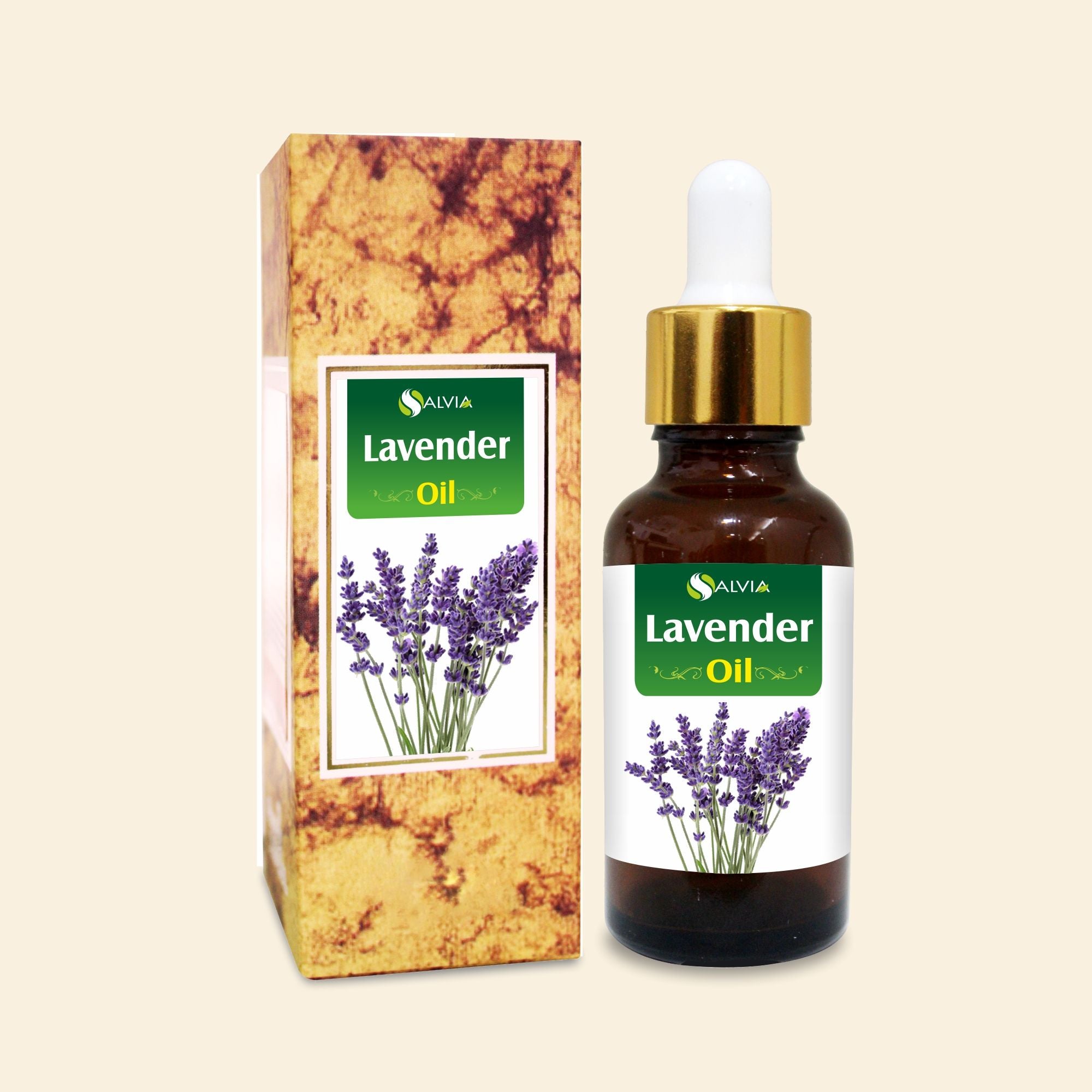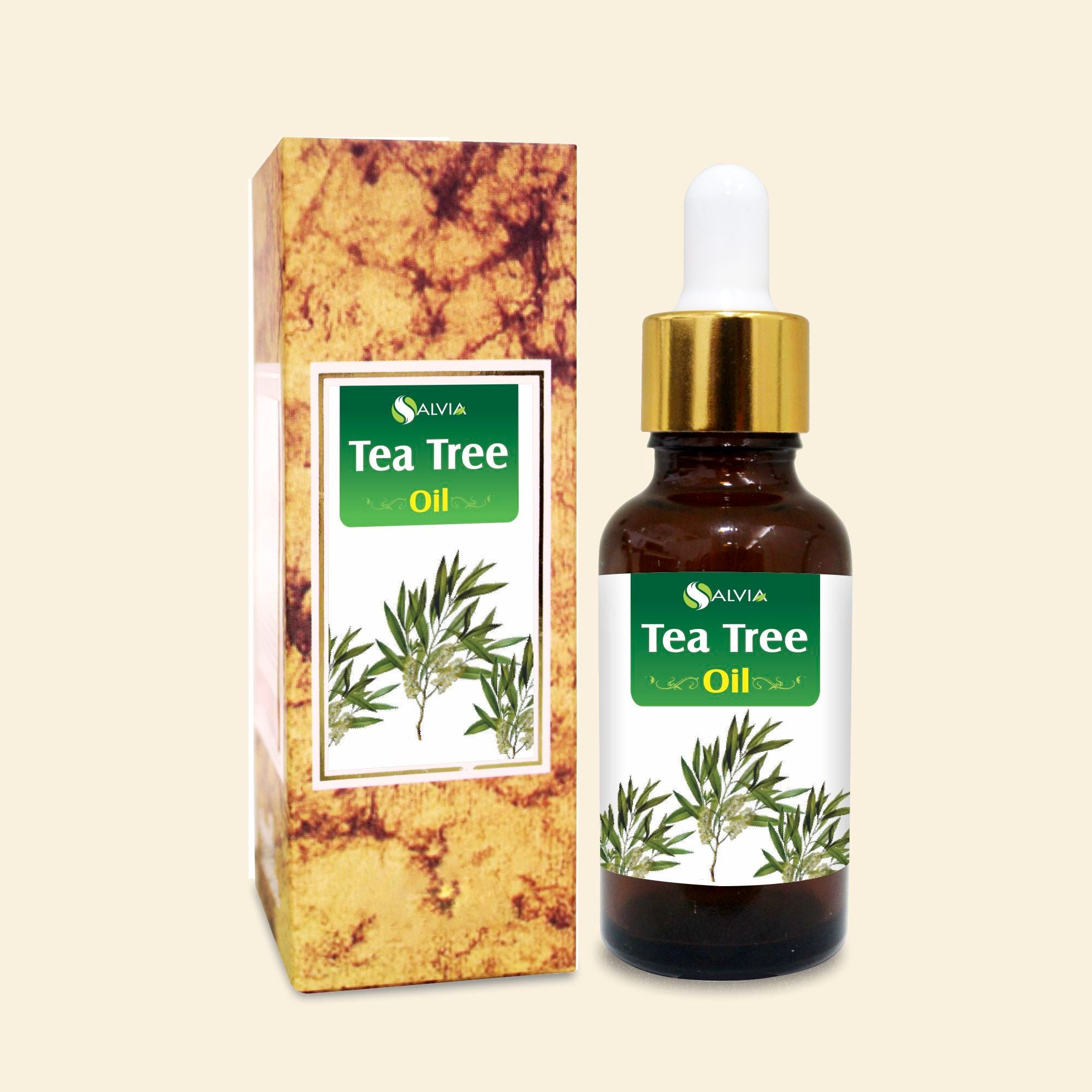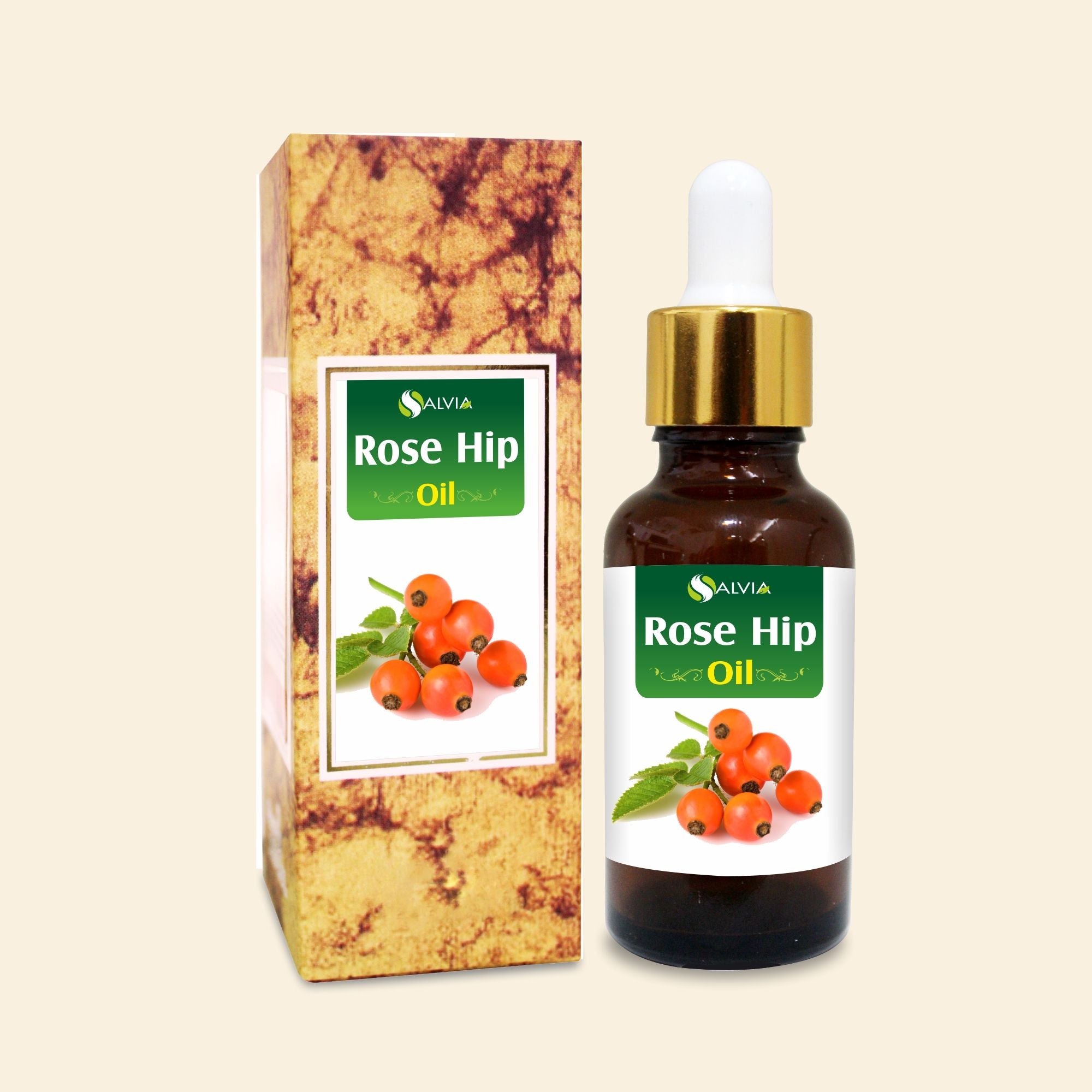
Easy DIY Tips For Skincare at Home
Welcome to the world of DIY skincare. Creating your own skincare products has become a popular trend in a society increasingly focused on self-care and natural remedies. Not only does it allow you to take control of what you put on your skin, but it also offers numerous benefits for your overall well-being. You can modify your skincare routine to suit your unique needs by using essential oils and raw cosmetic ingredients.
In this blog post, we will delve into the world of DIY tips for skincare and provide you with valuable tips and recipes to enhance your at-home beauty regimen.
Table of Contents
- Essential Oils As Your Skincare Buddy
- Choosing the Right Cosmetic Raw Ingredients For Skincare
- Best DIY Skincare Recipes for Different Skin Types
- Tips for Creating and Storing Skincare Products
- Safety Precautions and Allergies
- Customizing Skincare Products with Essential Oils
- Incorporating Essential Oils in Daily Skincare Routine
- Additional Tips for Skincare For Daily Routine
Essential Oils As Your Skincare Buddy
Essential oils are pure and concentrated plant extracts that capture the natural aromatic compounds of various botanicals. These oils are derived through processes such as steam distillation or cold pressing, preserving the beneficial properties of the plants.
When it comes to skincare, essential oils are considered natural skin care ingredients and offer a multitude of benefits. They possess antioxidant, antimicrobial, and anti-inflammatory properties that can promote healthy skin. Additionally, essential oils for oily skin can help soothe, rejuvenate, and balance the skin, making them a valuable addition to your DIY skincare arsenal. Let's explore some popular essential oils and their specific skincare benefits.
Lavender Oil
Lavender oil is renowned for its soothing and calming effects on the skin. It possesses anti-inflammatory properties, making it ideal for reducing redness and irritation. Lavender oil can also help promote a sense of relaxation and tranquility, benefiting both your skin and overall well-being.
Tea Tree Oil
Tea tree oil is particularly beneficial for acne-prone skin. It exhibits powerful antimicrobial properties, helping to combat the bacteria that contribute to acne breakouts. Tea tree oil also assists in reducing inflammation and controlling excess oil production, making it an effective natural remedy for clearer skin.
Rosehip Oil
Rosehip oil is a potent anti-aging ingredient that can help enhance the appearance of fine lines, wrinkles, and scars. The oil contains essential fatty acids, antioxidants, and vitamins that help regen and rejuvenate skin. It also promotes a more even skin tone and enhances overall skin radiance.
Choosing the Right Cosmetic Raw Ingredients For Skincare
When creating your skincare products, it is crucial to prioritize the use of high-quality cosmetic raw ingredients. By selecting pure and unadulterated ingredients, you ensure that your DIY creations deliver optimal results. Let's explore some common cosmetic raw and natural skincare ingredients and their specific benefits.
- Aloe vera gel is a versatile raw ingredient that offers exceptional hydration and soothing properties. It penetrates deep into the skin, delivering moisture and nutrients while calming irritation and reducing redness. Aloe vera gel is particularly beneficial for dry or sensitive skin types.
- Shea butter is a rich and luxurious ingredient renowned for its moisturizing properties. Extracted from the tree's nuts, it contains high levels of fatty acids, vitamins, and antioxidants that nourish and protect the skin. Shea butter is especially effective for addressing dryness, flakiness, and roughness.
- Jojoba oil is a unique ingredient that closely resembles the natural sebum our skin produces, which makes it an excellent choice for balancing oil production. Jojoba oil helps regulate sebum production, making it suitable for oily and dry skin types. It also provides long-lasting hydration and can even help control acne breakouts.
Best DIY Skincare Recipes for Different Skin Types
To effectively address various skin concerns, knowing your skin type before creating your DIY skincare products is essential. It will guide you in selecting the right ingredients and recipes that cater to your specific needs. Let's explore some DIY skincare recipes tailored to different skin types.
1. For Oily Skin
- For oily skin, a homemade face cleanser can help control excess oiliness. Combine 1 tablespoon of witch hazel, 1 tablespoon of aloe vera gel, and 5 drops of tea tree essential oil for oily skin. Mix well and use the cleanser twice a day to cleanse and balance your skin.
- A DIY clay mask is ideal for deeply cleansing and purifying oily skin. Mix two tablespoons of bentonite clay, one tablespoon apple cider vinegar, and 3 drops of lavender oil. Apply this DIY mask to the face and leave it on for 10-15 minutes. After that, rinse off with warm water. This mask will draw out impurities and absorb excess oil, leaving your skin refreshed and revitalized.
- Combine 1 ounce of grapeseed oil, 5 drops of geranium oil, and 3 drops of cedarwood oil for a mattifying face serum. Apply a few drops to your face after washing and toning it. This serum will help regulate oil production and provide a shine-free complexion throughout the day.
2. Recipes for Dry and Dehydrated Skin
Dry and dehydrated skin requires extra nourishment and hydration to restore its natural balance. You can create gentle yet effective skincare products using readily available ingredients. Let's explore some DIY recipes for dry and dehydrated skin.
To cleanse dry skin without stripping away its natural oils:
- Create a gentle facial cleanser - Mix 2 tablespoons of sweet almond oil, 1 tablespoon of honey, and 3 drops of chamomile oil. Massage this cleanser onto your face in circular motions, then rinse off with lukewarm water. This cleanser will moisturize and soothe your skin while effectively removing impurities.
- Face Mask - Combine 1 mashed ripe avocado, 1 tablespoon of plain yogurt, and 2 drops of rosehip oil for a moisturizing face mask. Apply this mask on the face and leave it on for 15-20 minutes before rinsing off. This mask will deeply hydrate your skin, leaving it soft, supple, and rejuvenated.
- Create a nourishing facial oil - Mix 1 ounce of argan oil, 5 drops of frankincense oil, and 3 drops of rose oil. Gently massage a few drops of the oil onto your face after cleansing and toning. This facial oil will lock in moisture and replenish your skin's natural barrier.
3. Recipes for Acne-Prone Skin
Acne-prone skin requires gentle yet effective ingredients to help combat breakouts and reduce inflammation. You can create skincare products that address acne concerns by utilizing natural skin care ingredients in your routine. Some DIY tips for skincare for acne-prone skin.
- For a targeted tea tree oil spot treatment, combine 1 teaspoon of jojoba oil and 2 drops of tea tree oil for oily skin. Apply a small amount directly to blemishes using a clean cotton swab. Tea tree oil's antimicrobial properties will help reduce inflammation and accelerate the healing process.
- To exfoliate and unclog pores, create a DIY acne-fighting face scrub. Mix 1 tablespoon of honey, 1 tablespoon of finely ground oatmeal, and 3 drops of lavender oil. Gently massage the scrub onto damp skin in a circular motion, then wash with warm water. This scrub slows off dead skin cells, unclogs pores, and makes your skin smoother and clearer.
- Combine 2 ounces of rose water, 5 drops of chamomile oil, and 1 tablespoon of witch hazel for a soothing face mist. Move this mixture to a spray bottle and mist your face throughout the day to reduce inflammation and calm irritated skin. This mist can also be used after cleansing and before moisturizing to prep your skin for other acne-fighting products.
4. Anti-Aging Skincare Recipes
Combatting signs of aging requires potent ingredients that nourish, firm, and rejuvenate the skin. You can create effective anti-aging skincare products by incorporating essential oils and specific raw ingredients. Let's explore some anti-aging tips for skincare and DIY recipe.
- For a homemade facial toner that helps firm the skin, combine 2 ounces of rose water, 3 drops of geranium oil, and 1 tablespoon of witch hazel. Transfer the mixture to a spray bottle and spritz onto clean skin or apply with a cotton pad. This toner will tighten the skin, minimize the formation of fine lines, and provide a youthful glow.
- To create a DIY anti-aging serum with essential oils, combine 1 ounce of rosehip oil, 3 drops of frankincense oil, and 3 drops of carrot seed oil. Gently massage a few drops onto your face and neck after cleansing and toning. This serum will nourish your skin with antioxidants, boost collagen production, and promote a more youthful complexion.
- Mix 1 tablespoon of mashed banana, 1 tablespoon raw honey, and 2 drops of rose oil for a rejuvenating face mask. Apply this DIY mask to your face. Let it rest for 15-20 minutes before washing it off. It will provide deep hydration, improve elasticity, and leave your skin looking radiant and refreshed.
Tips for Creating and Storing Skincare Products
Creating your own skincare products is an enjoyable and rewarding process. However, it is important to follow certain guidelines to ensure the safety and efficacy of your creations. Some essential tips for creating and storing DIY skincare products.
- First and foremost, invest in essential tools and equipment for measuring, mixing, and storing your ingredients. It includes measuring spoons, glass mixing bowls, spatulas, and airtight containers. Using clean and dedicated tools will prevent contamination and maintain the quality of your skincare products.
- Proper storage of DIY skin care products is crucial to maintain their effectiveness and prevent spoilage. Store your creations in airtight containers, preferably dark-colored glass jars or bottles.
- It's important to note that homemade skincare products have a limited shelf life compared to commercially produced ones. Always label your creations with the date of preparation and be mindful of their expiration dates. Generally, most homemade skincare products should be used within 3-6 months to ensure optimal freshness and efficacy.
Safety Precautions and Allergies
Taking safety precautions to prevent adverse reactions is essential when working with essential oils and other raw ingredients. Before using any new ingredient, perform a patch test on a small skin area to check for allergic reactions or sensitivity. Apply a small amount of the diluted ingredient and wait 24 hours to observe any potential adverse effects.
Dilution guidelines for essential oils should be followed to avoid skin irritation or sensitization. Essential oils are concentrated and must be diluted in a carrier oil or other suitable base before applying to the skin. A common dilution ratio is 2-3% essential oil to carrier oil, but this can vary depending on the specific oil and purpose of use.
In addition to patch testing and proper dilution, it's important to follow common safety precautions when handling essential oils and raw ingredients. Do not ingest the essential oils; they can be harmful. Avoid eye contact; if accidental contact occurs, rinse thoroughly with water.
Customizing Skincare Products with Essential Oils
One of the greatest benefits of DIY skincare is the ability to customize your products to suit your preferences and specific skin concerns. Essential oils offer a wide range of scents and therapeutic properties that can enhance your skincare routine. Some ways in which you can customize your skincare products with essential oils.
- To create personalized scents, consider blending different essential oils. For example, mix lavender and geranium oil for a calming and floral aroma. Experiment with different combinations to find your signature scent that uplifts your mood and enhances your skincare experience.
- You can also create unique facial mists and toners by incorporating essential oils. Add a few drops of your choice of essential oil to a bottle of rose water or witch hazel for added benefits and a refreshing scent. Just be sure to shake the bottle well before each use to disperse the oils evenly.
- Mixing essential oils can also address specific skin concerns. For example, if you have combination skin, you can blend lavender oil with tea tree oil to balance oil production and reduce breakouts. Tailor your essential oil combinations based on your skin's needs to create a truly personalized skincare experience.
Incorporating Essential Oils in Daily Skincare Routine
Now that you have a range of DIY skincare products enriched with essential oils, it's important to incorporate them into your daily skincare routine for optimal results. Some tips for skincare by using essential oils throughout the day to benefit your skin are
- Start your skincare routine in the morning by cleansing your face with your DIY cleanser.
- Follow up with a toner that contains essential oils to balance your skin's pH levels and prepare it for the following steps.
- Apply your customized facial serum or oil, gently massaging it into your skin to promote absorption.
- In the evening, repeat the cleansing and toning steps to remove makeup, dirt, and impurities.
- Apply any targeted treatments, such as spot treatments for blemishes or anti-aging serums, as needed.
- Finish off with a nourishing night cream or facial oil to replenish your skin while you sleep.
In addition to your facial skincare routine, you can incorporate essential oils into your body care regimen. Add a few drops of your favorite or any essential oil to your body lotion, body wash, or bathwater for a luxurious and aromatic experience. It will not only benefit your skin but also promote relaxation and well-being.
Additional Tips for Skincare For Daily Routine
While DIY skincare and essential oils can greatly contribute to the health and appearance of your skin, there are additional factors to consider for overall skin health. A few tips to complement your skincare routine and achieve healthy, radiant skin.
- Maintain a balanced diet and stay hydrated for healthy skin.
- Incorporate nutrient-rich foods such as fruits, vegetables, whole grains, and lean proteins into your diet.
- Drink adequate water daily to keep your skin hydrated from within.
- Regular exercise is not only beneficial for your overall health but also for your skin.
- Engaging in physical activities increases blood circulation, which nourishes the skin cells and promotes a healthy complexion.
- Remember to cleanse your skin after exercise to remove sweat and impurities.
- Stress can affect your skin negatively, leading to breakouts and dullness. One must use healthy ways to manage stress, like practicing meditation, engaging in hobbies, or spending time in nature.
The Bottom Line
Congratulations! You are now equipped with valuable DIY tips for skincare at home using essential oils and cosmetic raw ingredients. By harnessing the power of essential oils and carefully selecting cosmetic raw ingredients, you can create personalized skincare products tailored to your skin type and concerns.
Remember to follow safety precautions, patch-test new ingredients, and customize your products based on your preferences and needs. Incorporate essential oils into your daily skincare routine and complement your efforts with a balanced diet, regular exercise, and stress management techniques. Embrace the world of DIY skincare and indulge in the benefits of self-care and self-love.
Shoprythm has the best-quality skincare products for DIY or regular skincare routine. Our cosmetic raw materials are pure and eco-friendly, and we have the highest quality essential oils. Give your skin the best care by choosing us.
You May Also Like -
About Ajay Kakar

Mr. Ajay Kakar is an expert in dermatology with extensive experience. His expertise lies in the realm of essential oils and carrier oils, and he understands how these natural oils can work wonders for our skin and body. With a forward-thinking mindset, he has been a pioneer in introducing groundbreaking skincare products. Mr. Kakar is a dedicated entrepreneur who believes in the importance of focus, vision, strategy, development, innovation, and top-notch quality. His commitment to improving skincare through innovation is truly remarkable.





